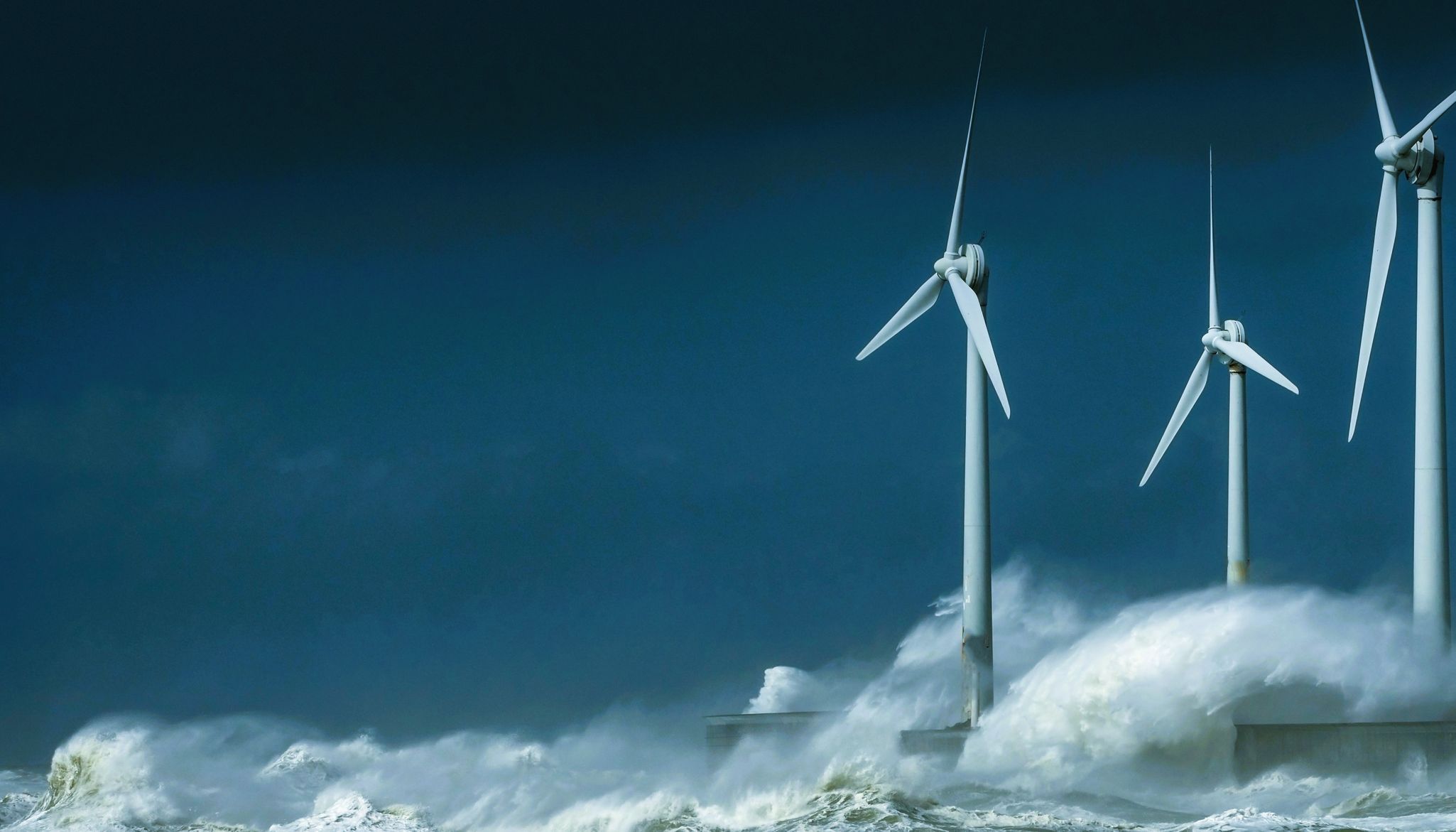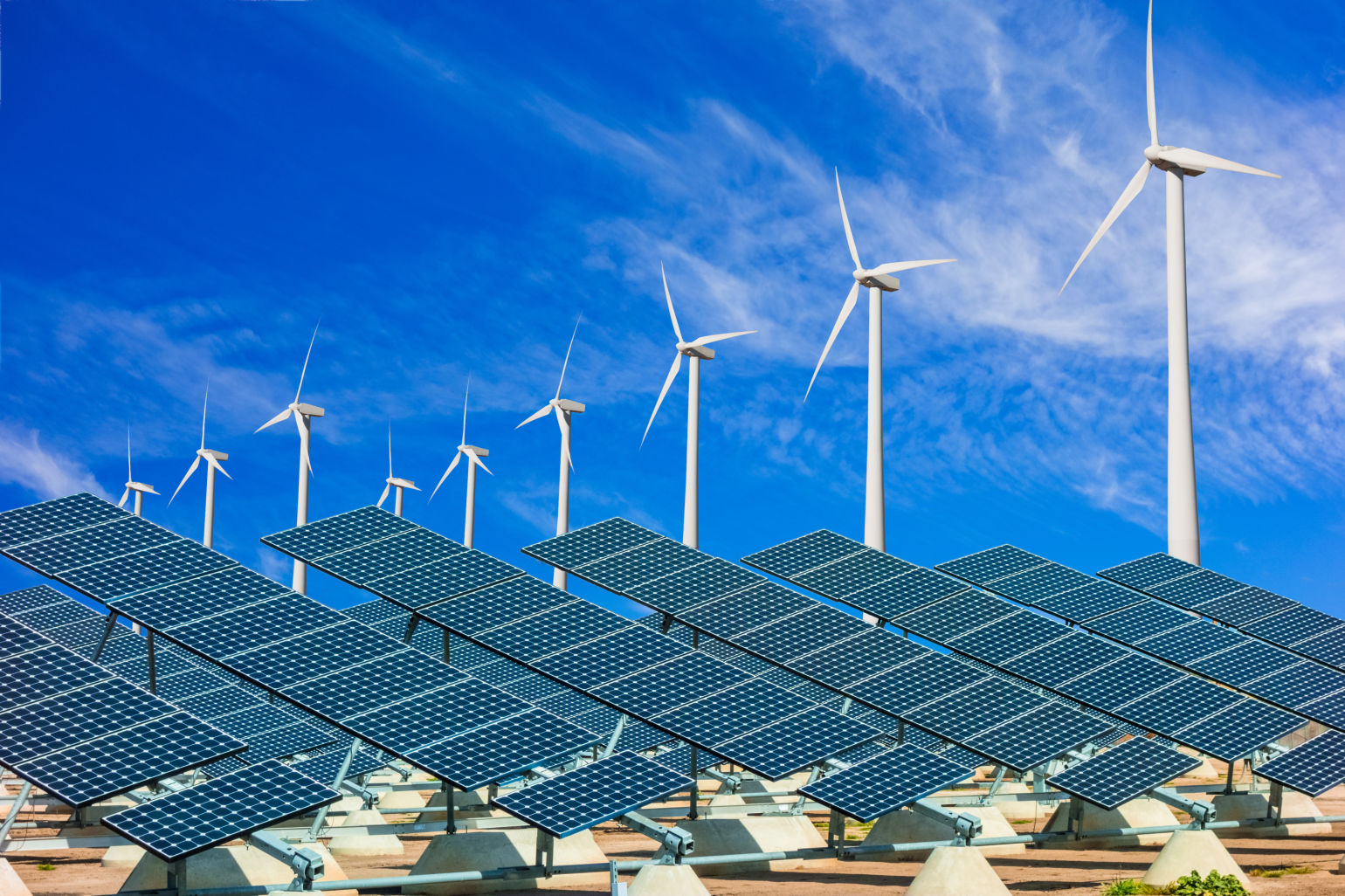
Energy Regulation and Competition
-
Enabling the Entry of Clean Energy Resources into the Legacy Electric Industry
We assist developers of utility-scale solar and wind projects, behind-the-meter generation and other distributed energy resources, and demand response providers in securing authorization from the Federal Energy Regulatory Commission (FERC) and state utility commissions to sell clean energy, advance new, disruptive business models, and provide new services.
-
Advocating for Technology-Neutral Market Rules
Wilson Sonsini appears before FERC and state public utility commissions to advocate for the development of national standards to create and protect opportunities for independent power producers of clean energy, defeat proposals that seek to inhibit access to carbon-free electricity, and establish technology-neutral market rules that allow buyers and sellers to access clean energy in competitive wholesale and retail markets.
-
Navigating Complex Regulations to Enable New Energy Business Models
In addition to securing regulatory approvals and advising on ongoing compliance matters, Wilson Sonsini’s energy regulation and competition team regularly assists clients with strategic and targeted due diligence of new investments and the vetting of new business models for the sale and acquisition of carbon-free electricity.
Averting the worst effects of climate change requires rapidly decarbonizing the economy by transitioning to clean energy sources such as solar and wind. Electricity production is responsible for the second-largest share of U.S. greenhouse gas emissions. Around 60 percent of our electricity is currently derived from burning fossil fuels, while about 20 percent comes from renewables, including approximately 15 percent from wind and solar.
The technologies and business models exist to drastically reduce our reliance on fossil fuels for electricity generation and usher in a clean energy economy based on renewables, energy storage, and other clean resources. But powerful incumbents control key regulatory and economic barriers that presently impede the efficient and rapid evolution of the electric power sector.
Wilson Sonsini’s energy regulation and competition team advocates for innovation and competition in the regulation of electric energy across the nation. We help clients create opportunities to compete with new services, technologies, and business models in complex regulatory environments where legacy companies have long resisted change. Our attorneys design cost-effective solutions to ensure independent companies are able to compete in this evolving energy regulatory environment.
For too long, the energy playing field has been artificially tilted in favor of incumbents that have influenced energy and climate politics and policies in their favor. Changing times are providing a generational chance to shift to a highly electrified economy that is cleaner, healthier, smarter, and more resilient. Wilson Sonsini is the go-to law firm for companies looking to seize this historical moment and emerge as new winners in the new energy economy.
What We Do
Appearing before FERC and state public utility commissions, Wilson Sonsini’s energy regulation and competition team represents clients in advocacy to revise legacy systems and implement new regulatory regimes that support the entry and development of competitive clean energy resources. Representing the lead clean energy trade associations, we dismantle key barriers and revise skewed incentives that currently impede the efficient evolution of the electric power sector.
- In support of our Project Developments and Transactions and Sustainability and Decarbonization practices, we assist clients in securing the necessary permits, licenses, and authorizations to facilitate physical, financial, and virtual power purchase agreements within the organized markets.
- Our team specializes in supporting new market entrants that are facilitating novel and complex transactions within the deregulated ISO/RTO markets, regularly assisting such clients on all matters related to interconnection, transmission service, market design, stakeholder advocacy, and resource adequacy.
- In addition to our regular practice within all ISO/RTO markets, our attorneys have more than 30 years of experience representing commercial and industrial customers and independent power producers in traditional regulated markets where opportunities are limited.
- Working closely with our transaction teams, the energy regulation and competition team ensures compliance—and facilitates necessary governmental approvals—in connection with the development and financing of clean energy infrastructure projects throughout all areas of the United States.
We also work closely with the firm’s regulatory experts in the following areas in order to help clients comply with related regulatory regimes that affect the energy industry:
- Antitrust and Competition
- Committee on Foreign Investment in the U.S. (CFIUS)
- Export Control and Sanctions
- Federal Trade Commission
- Privacy and Cybersecurity
Representative Engagements
On behalf of SEIA, the solar industry trade association, Wilson Sonsini’s energy regulation and competition team has:
- Helped defeat a 2017 Department of Energy (DOE) proposal that requested FERC make market changes to protect fossil fuel generation and secured a ruling from FERC declining to adopt the changes proposed by DOE.
- Engaged in a long-term effort in defense of the rights granted to Qualifying Facilities by the Public Utility Regulatory Policy Act of 1978 (PURPA). Engaged as SEIA’s regulatory counsel before FERC on the proceedings leading to its Order 872, the Wilson Sonsini energy regulation and competition team developed testimony and briefings submitted to federal legislators and regulators, drafted reform proposals and comments before FERC, educated state regulators on the value of long-term contracts, and appealed and briefed certain matters before the U.S. Court of Appeals for the Ninth Circuit.
- Secured a ruling from FERC endorsing state jurisdiction over net metering in the course of defending against the petition submitted by the New England Ratepayers Association.
- Secured a ruling from FERC invalidating the discriminatory “exit fee” within the Southwest Power Pool (SPP) that had served to effectively foreclose the addition of new voting members.
- Helped defeat interconnection reforms proposed by PacifiCorp and secured rulings from FERC prohibiting discriminatory standards for commercial readiness.
- Defeated interconnection reforms proposed by Southern California Edison and secured FERC approval of a settlement for a reduction in rates and implementation of new service for solar and storage resources.
- Led stakeholders in technical conference and rulemaking proceedings before FERC to encourage the commission to accommodate state policies in wholesale energy and capacity markets.
Averting the worst effects of climate change requires rapidly decarbonizing the economy by transitioning to clean energy sources such as solar and wind. Electricity production is responsible for the second-largest share of U.S. greenhouse gas emissions. Around 60 percent of our electricity is currently derived from burning fossil fuels, while about 20 percent comes from renewables, including approximately 15 percent from wind and solar.
The technologies and business models exist to drastically reduce our reliance on fossil fuels for electricity generation and usher in a clean energy economy based on renewables, energy storage, and other clean resources. But powerful incumbents control key regulatory and economic barriers that presently impede the efficient and rapid evolution of the electric power sector.
Wilson Sonsini’s energy regulation and competition team advocates for innovation and competition in the regulation of electric energy across the nation. We help clients create opportunities to compete with new services, technologies, and business models in complex regulatory environments where legacy companies have long resisted change. Our attorneys design cost-effective solutions to ensure independent companies are able to compete in this evolving energy regulatory environment.
For too long, the energy playing field has been artificially tilted in favor of incumbents that have influenced energy and climate politics and policies in their favor. Changing times are providing a generational chance to shift to a highly electrified economy that is cleaner, healthier, smarter, and more resilient. Wilson Sonsini is the go-to law firm for companies looking to seize this historical moment and emerge as new winners in the new energy economy.
What We Do
Appearing before FERC and state public utility commissions, Wilson Sonsini’s energy regulation and competition team represents clients in advocacy to revise legacy systems and implement new regulatory regimes that support the entry and development of competitive clean energy resources. Representing the lead clean energy trade associations, we dismantle key barriers and revise skewed incentives that currently impede the efficient evolution of the electric power sector.
- In support of our Project Developments and Transactions and Sustainability and Decarbonization practices, we assist clients in securing the necessary permits, licenses, and authorizations to facilitate physical, financial, and virtual power purchase agreements within the organized markets.
- Our team specializes in supporting new market entrants that are facilitating novel and complex transactions within the deregulated ISO/RTO markets, regularly assisting such clients on all matters related to interconnection, transmission service, market design, stakeholder advocacy, and resource adequacy.
- In addition to our regular practice within all ISO/RTO markets, our attorneys have more than 30 years of experience representing commercial and industrial customers and independent power producers in traditional regulated markets where opportunities are limited.
- Working closely with our transaction teams, the energy regulation and competition team ensures compliance—and facilitates necessary governmental approvals—in connection with the development and financing of clean energy infrastructure projects throughout all areas of the United States.
We also work closely with the firm’s regulatory experts in the following areas in order to help clients comply with related regulatory regimes that affect the energy industry:
- Antitrust and Competition
- Committee on Foreign Investment in the U.S. (CFIUS)
- Export Control and Sanctions
- Federal Trade Commission
- Privacy and Cybersecurity
Representative Engagements
On behalf of SEIA, the solar industry trade association, Wilson Sonsini’s energy regulation and competition team has:
- Helped defeat a 2017 Department of Energy (DOE) proposal that requested FERC make market changes to protect fossil fuel generation and secured a ruling from FERC declining to adopt the changes proposed by DOE.
- Engaged in a long-term effort in defense of the rights granted to Qualifying Facilities by the Public Utility Regulatory Policy Act of 1978 (PURPA). Engaged as SEIA’s regulatory counsel before FERC on the proceedings leading to its Order 872, the Wilson Sonsini energy regulation and competition team developed testimony and briefings submitted to federal legislators and regulators, drafted reform proposals and comments before FERC, educated state regulators on the value of long-term contracts, and appealed and briefed certain matters before the U.S. Court of Appeals for the Ninth Circuit.
- Secured a ruling from FERC endorsing state jurisdiction over net metering in the course of defending against the petition submitted by the New England Ratepayers Association.
- Secured a ruling from FERC invalidating the discriminatory “exit fee” within the Southwest Power Pool (SPP) that had served to effectively foreclose the addition of new voting members.
- Helped defeat interconnection reforms proposed by PacifiCorp and secured rulings from FERC prohibiting discriminatory standards for commercial readiness.
- Defeated interconnection reforms proposed by Southern California Edison and secured FERC approval of a settlement for a reduction in rates and implementation of new service for solar and storage resources.
- Led stakeholders in technical conference and rulemaking proceedings before FERC to encourage the commission to accommodate state policies in wholesale energy and capacity markets.





- Privacy Policy
- Terms of Use
- Accessibility